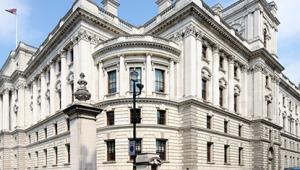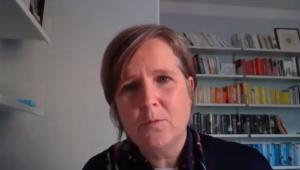British MPs have raised questions about the integrity of investments made by the Private Infrastructure Development Group, an agency that receives a large amount of funding from the UK Department for International Development.
In a damning report, the House of Commons Public Accounts Committee criticised DFID for not doing enough to safeguard public money handed to the Private Infrastructure Development Group (PIDG). DFID’s total contributions to PIDG are expected to reach £860m by 2017 and over the past two years the department contributed 88% of PIDG’s funding.
The PAC, responsible for scrutinising public spending by government departments, recognised that PIDG operated in countries where standards of governance can be challenging. But it said the department’s oversight of the agency had been ‘unacceptably poor’ and ‘left it open to questions about the integrity of PIDG’s investments and some of the companies it works with’.
One of the PAC’s criticisms was that, in March 2014, PIDG handed €25m to an Ivory Coast power plant with alleged links to a known fraudster.
In a separate event in September 2014, PIDG provided $30m to an energy firm in Nigeria ‘linked to allegations of looting Nigerian oil revenues’.
PAC chair Margret Hodge said that: ‘When investing, PIDG must be constantly vigilant to mitigate such risks. They must take into account the possible risks to taxpayers’ money and to the reputation of its donors from its investments.
‘PIDG’s procedures do not require the department to be notified of all proposed investments, but the department should do more to make sure PIDG takes a robust approach to the assessment and management of these risks. The department was not well briefed on the specifics of individual investments which had attracted public concern.’
Furthermore, the MPs said the UK aid department had ‘failed to put a stop to wasteful travel polices and poor financial management’ at PIDG. Between January 2012 and February 2014 an average of £27m sat idle in a bank account rather than been spent on projects, the MPs found.
However, DIFD refuted the allegations that public money was ending up in the wrong hands. It also stressed that is had taken action to improve value for money and to tighten up PIDG’s travel policy.
A DFID spokesman said: ‘This PAC report suggests that UK funds are at risk of ending up in the wrong hands, citing alleged links between a convicted fraudster and a PIDG-backed company. These have been investigated thoroughly by the National Audit Office, as well as DFID and PIDG, and absolutely no evidence has been found to substantiate them.
‘We already have strong oversight of PIDG’s activities and have recently clamped down on excessive travel rates. An independent review of their operations, backed by Britain, will ensure they continue to kick start growth in the developing world.’





















